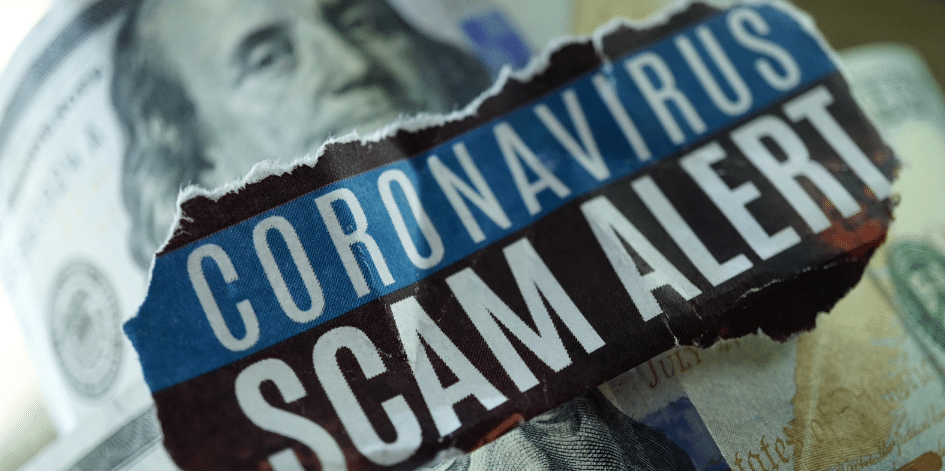- April 2, 2020
- Posted by: Andy Scheu
- Categories: COVID19 Resources, Human Resources, Payroll

What’s New
The IRS recently released a warning regarding coronavirus related scams tied to the recent loans grants, and tax incentives available through the CARES Act. The stimulus package has made trillions of dollars available to businesses and individuals, and the IRS predicts phishing email and phone calls will increase dramatically as scammers try to take advantage of the situation.
“We urge people to take extra care during this period. The IRS isn’t going to call you asking to verify or provide your financial information so you can get an economic impact payment or your refund faster. That also applies to surprise emails that appear to be coming from the IRS. Remember, don’t open them or click on attachments or links. Go to IRS.gov for the most up-to-date information.”
– Chuck Rettig, IRS Commissioner
What Should I Not Do?
- Provide personal information on calls or texts you receive “from the IRS”
- Respond with personal information or click on links in unsolicited emails “from the IRS”
- Provide banking information to others to input on your behalf
What Should I Do?
- Forward unsolicited emails, texts, or social media messages to phishing@irs.gov
- If you have not previously provided direct deposit information to the IRS, do so through a secure portal on IRS.gov.
- If you do not provide direct deposit information, make sure the IRS has your updated address as checks will be sent directly to the address on file.
Coronavirus related scams will become more and more widespread as predators adapt to the current environment. Time & Pay urges all business owners to continue to learn about programs being offered, and to use precaution when providing personal and financial information.
